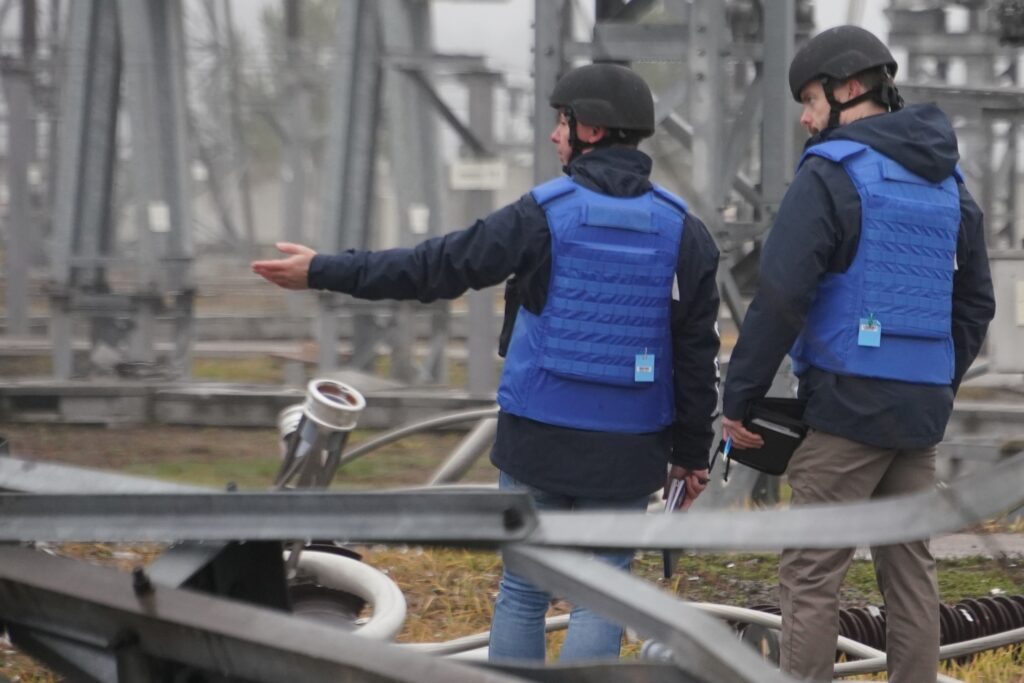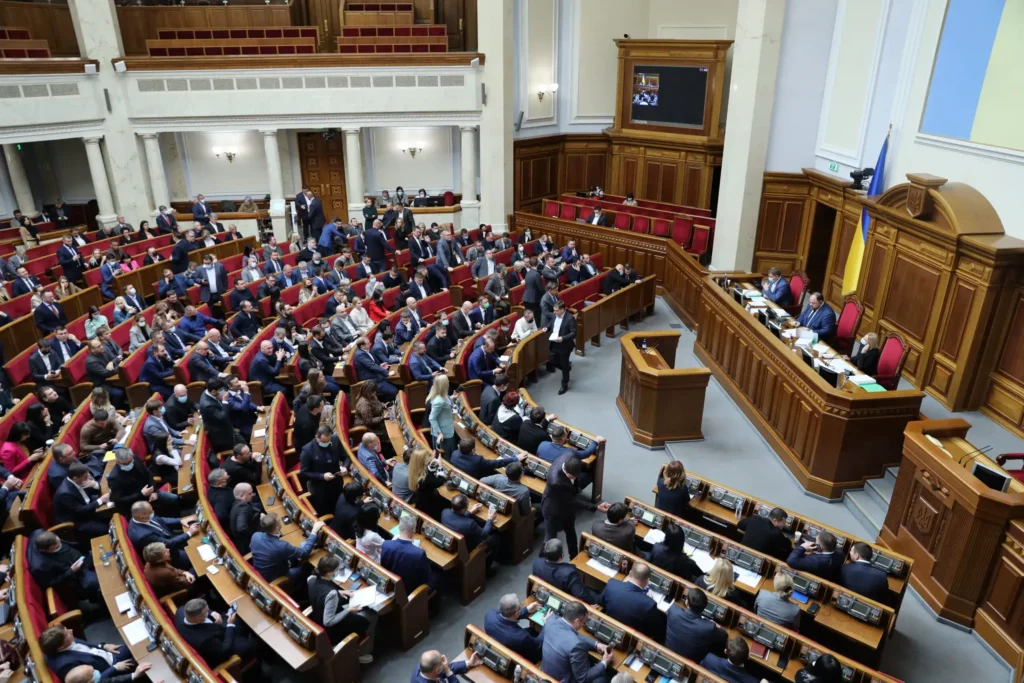Today Ukraine honors the fallen defenders
29 August 09:45
on August 29, Ukrainians celebrate the Memorial Day of the defenders who laid down their lives for the independence and territorial integrity of Ukraine.
The memorial date was introduced by Presidential Decree No. 621 of August 23, 2019 to honor the heroic feat of the military and volunteers who died fighting for the Motherland.
The date of August 29 has a special symbolic significance – on this day in 2014, during the Ilovaisky tragedy, the heroic breakthrough of the Ukrainian military from the Russian encirclement took place. It was then that the mass bravery of Ukraine’s defenders was manifested, but at the same time the largest number of Ukrainian fighters died.
Volodymyr Zelensky, Supreme Commander-in-Chief of the Ukrainian Armed Forces, wrote that today Ukraine is fighting for the right to live:
Since 2014, this battle for Ukraine’s right to live has been going on. Since 2022 Ukrainians are defending themselves in a full-scale war. It is a very long and difficult path of bravery. And we do not forget thanks to whom Ukraine is preserved.
President of Ukraine Volodymyr Zelensky
The Commander-in-Chief of the AFU Oleksandr Syrskyi stressed that the memory of the fallen soldiers obliges Ukrainians to remain steadfast in the defense of the state:
…the sacrifice of every Ukrainian warrior is not in vain. It is the foundation on which the freedom of the Ukrainian nation and the independence of our state rests. The memory of the heroes reminds us of the price of this freedom and obliges us to be steadfast and strong in the defense of Ukraine.
Commander-in-Chief of the AFU Oleksandr Syrskyy
– noted the commander-in-chief.
Syrsky noted that the names of the fallen defenders have forever entered Ukrainian history, and their feat has become part of the “annals of our independence.”
Дивіться нас у YouTube: важливі теми – без цензури
Ilovaysk tragedy
The Day of Remembrance of the Defenders of Ukraine is celebrated on August 29, because on this day in 2014 one of the most tragic events in the history of the current Russian-Ukrainian war took place.
In August 2014, Ukrainian forces launched an operation to capture the strategically important city of Ilovaisk in eastern Ukraine. The city was of key importance, as the main supply routes for pro-Russian militants, as well as railroad and road routes connecting the occupied territories with Russia, passed through it. The capture of Ilovaisk could cut off the supply of weapons and ammunition to the enemy and be the beginning of a major counteroffensive by Ukrainian forces.
On August 18, Ukrainian forces, including the volunteer battalions Donbass, Dnipro-1 and Azov, launched an offensive and in the first days achieved significant successes, taking control of a significant part of the city. However, the situation changed dramatically after the intervention of regular Russian troops, who began to cross the border and acted under the cover of the militants. Using modern equipment and the tactics of massive artillery shelling, Russian units put Ukrainian troops in an encirclement without the possibility of receiving reinforcements or retreating.
on August 28-29, 2014, the most tragic part of the operation took place. After the Ukrainian troops were encircled, the command tried to negotiate a safe exit through a “humanitarian corridor.” Putin even publicly called on pro-Russian forces to allow the Ukrainian military to leave the encirclement without a fight. However, when the Ukrainian columns started moving along the agreed routes, they became targets for massive shelling from heavy artillery, tanks and automatic weapons, despite all promises of safe passage.
The consequences of the Ilovaysk tragedy were catastrophic: according to official figures, 366 Ukrainian defenders were killed, 18 were missing, 429 were wounded and about 300 were taken prisoner. In addition to the human losses, more than 125 armored vehicles were destroyed or captured. This defeat was one of the biggest blows to the Ukrainian army and society, led to a reassessment of the war strategy and prompted the search for a diplomatic settlement, which subsequently led to the Minsk agreements.
Читайте нас у Telegram: головні новини коротко









